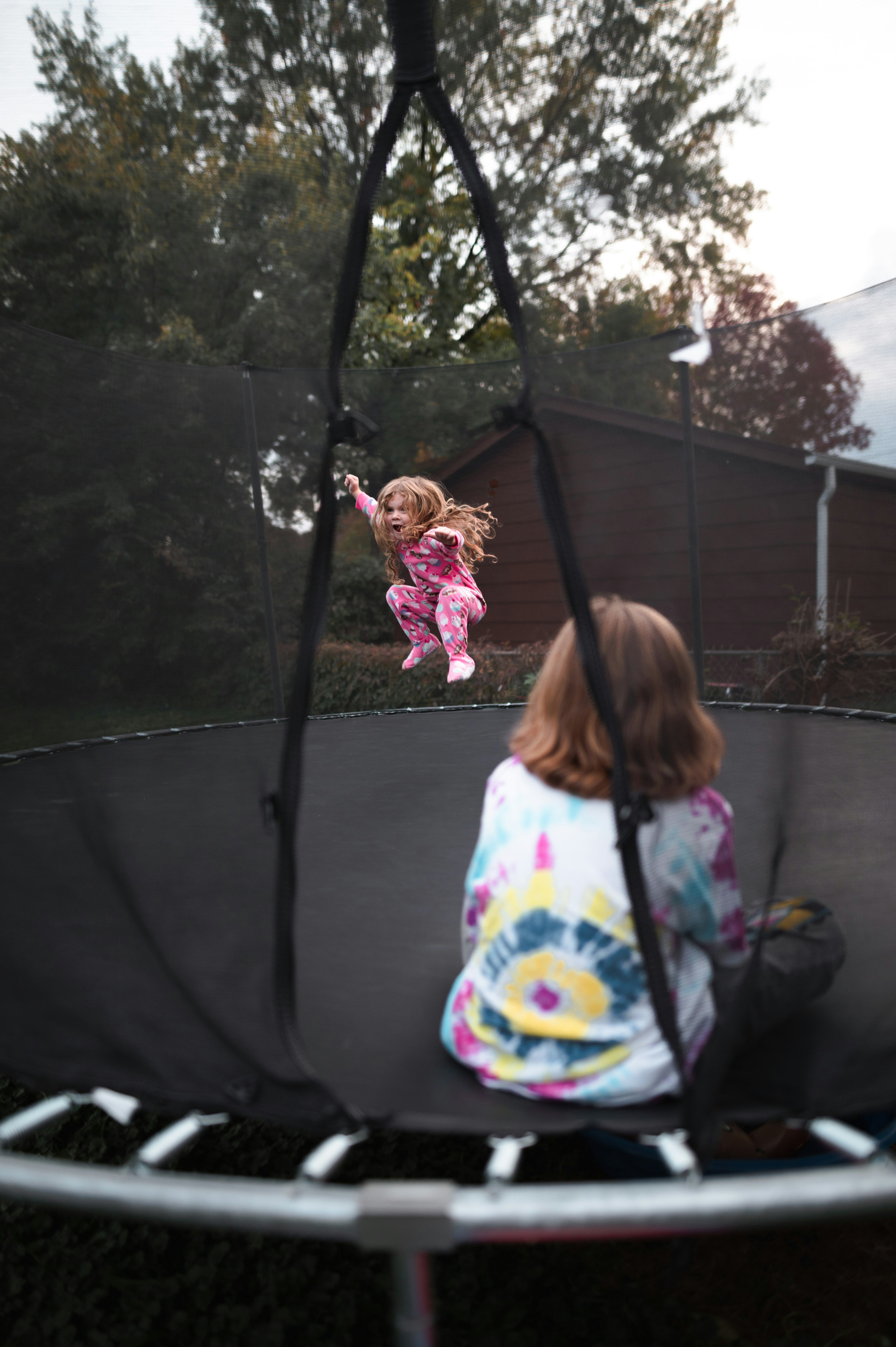When An Assessment Can Help.
Common signs include:
- Differences in eye contact, gestures, or facial expression
- Language delay or unusual language such as scripts or echolalia
- Deep interests and strong focus on favourite topics
- Preference for routine and distress with unexpected change
- Differences in play such as lining up or less pretend play
- Sensory seeking or sensory avoiding in busy places
- Movement differences like toe walking or clumsiness
- Finding groups or friendships hard to read
- Big meltdowns with overwhelm or shutdowns after school
- Strong memory, detail focus, or early reading skills
These are differences, not failings. Understanding them unlocks the right support.



.jpg)

.jpg)
